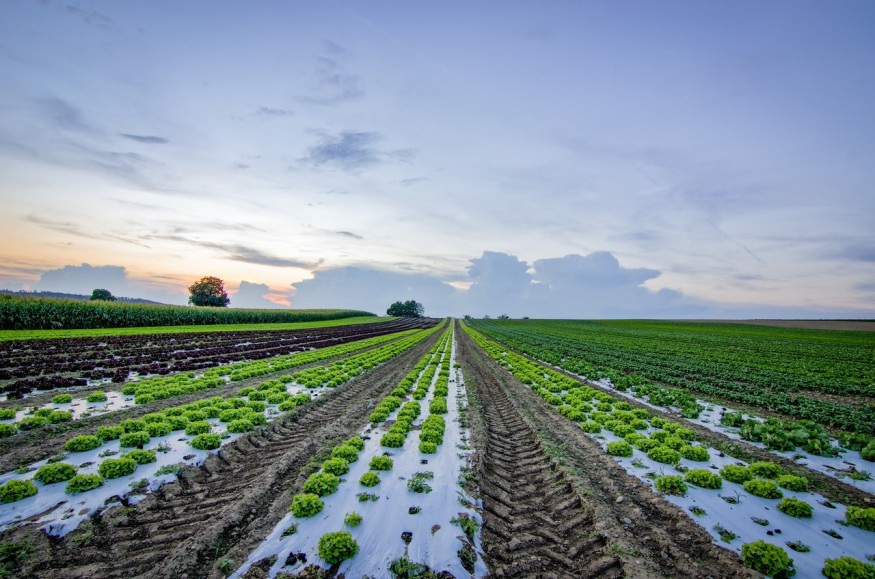As the world becomes more conscious of the severe environmental impacts of plastic pollution, most of the focus is drawn to its adverse effects on marine ecosystems. However, according to UN research, there may be more microplastic pollution in the soil beneath our feet than in the ocean.
Understanding Plastic Pollution

According to National Geographic, plastic pollution has become one of the most critical environmental issues the planet is facing, as the continuous increased production of disposable plastic products overwhelms the planet's ability to deal with them. Plastic pollution is most visible in several developing countries in Africa and Asia. However, even developed countries with low recycling rates also face problems in properly collecting and discarding plastics.
Just over a century old, plastics are made from fossil fuels. Production and development of hundreds of new plastic products accelerated considerably after the second world war, transforming modern age life.
Plastics undoubtedly revolutionized medicine with numerous life-saving devices. The conveniences offered by plastics are unmistakable. However, this has led to a throw-away culture that reveals the dark side of the material.
ALSO READ: Growing Trees Cause More Methane to Escape in Wetland Areas During Dry and Wet Conditions
UN Report Warns of Disastrous Adverse Effects of Plastics in Soil and Human Health
A report warning of the catastrophic impacts of plastic use in agriculture was released by the UN's Food and Agriculture Organization. Maria Helena Semedo, the deputy director-general of the FAO, says that the recent report serves as a laud call for action to curb the use of plastic across all agricultural industries.
Plastics are used regularly in agriculture for various purposes, from mulching films to tree guards that control the release of fertilizer coated with polymers. World agriculture used roughly 12.5 million tons of plastics for plant and animal production in 2019 and approximately 37.3 million tons for food packaging.
Although plastic serves a beneficial purpose in agriculture, its widespread use and dependence raise concerns regarding its impact on the environment and public health when it eventually degrades. It is especially concerning when considering the world's soils. When microplastics from mulching film begin to build upon the surface soil, it can reduce agricultural yields. There is also a considerable concern for microplastics in agricultural soils that could eventually world their way up the food chain causing harm to human health. Some plastics contain numerous toxic chemicals that can collect and transport diseases and various chemicals when they enter the world's waterways.
Jonathan Leake, a professor at the University of Sheffield, explains that plastic pollution harms the soil and its dwellers like earthworms, which are vital in maintaining soil health. Plastic pollution of agricultural soils is a persistent problem threatening soil health throughout the globe. Currently, we are adding large doses of artificial materials into agricultural soils without fully understanding their long-term effects on soil health or how it threatens public health and other organisms, reports EcoWatch.
The UN agrees that more in-depth research is needed to fully understand how plastic pollution impacts the soils of the world and other detrimental effects it may possess.
RELATED ARTICLE : Aerial Survey Revealed an Endangered Whale Giving Birth While Being Entangled in a Fishing Rope
Check out more news and information on Environment and Climate in Science Times.











